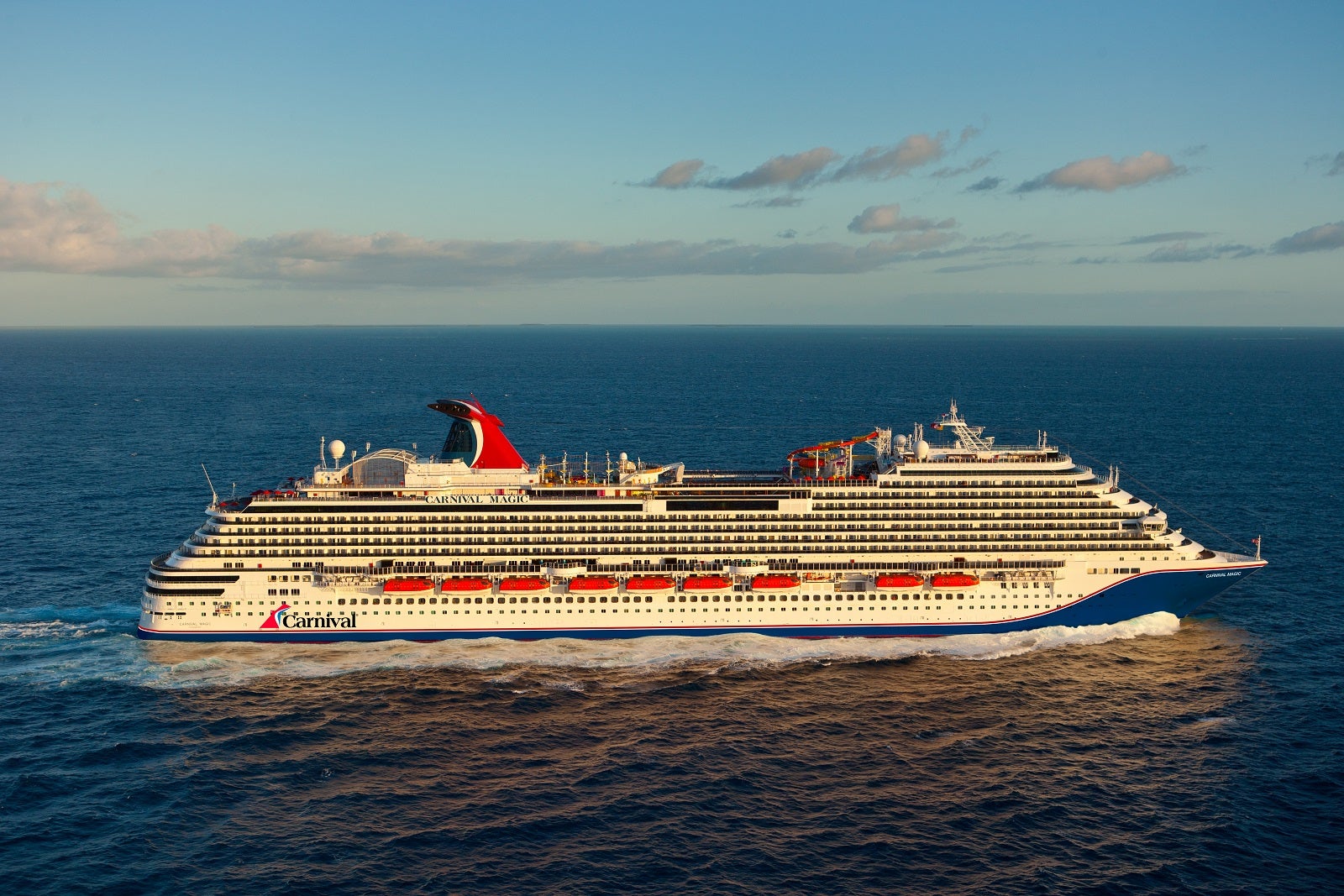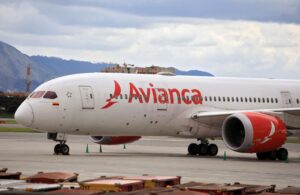Are fuel surcharges about to make a comeback in the cruise world?
The head of the world’s biggest cruise company on Friday said the answer was “no” for now. But with oil prices on the rise, that might not always be the case, he suggested.
“It’s certainly not off the table. We wouldn’t take anything off the table,” Carnival Corporation president and CEO Josh Weinstein told Wall Street analysts Friday during a conference call to discuss the company’s quarterly earnings.
“It’s not something we’re planning to implement in the near term, although that could certainly change,” he said.
For more cruise news, guides and tips, sign up for TPG’s cruise newsletter
Fuel is one of the biggest expenses for any cruise line, and with oil prices spiking of late — the cost per barrel of West Texas Intermediate, a crude oil benchmark, has soared nearly $20 in the past three months to around $90 — the income statements of cruise lines are getting squeezed.
That has Wall Street analysts asking cruise companies if they might be willing to add fuel surcharges to customer bills. This is something major cruise lines last did when oil prices spiked more than $100 a barrel in late 2007 into 2008.
During Friday’s conference call with Wall Street analysts, Weinstein said the recent spike in oil prices, along with some currency fluctuations, was a $130 million drag on the company’s profitability over the past three months — a significant amount. It was enough to negate much of the company’s profitability gains during the quarter due to rising fares and shipboard occupancy.
Related: Cruise bookings are so hot that some lines are running out of inventory
Carnival Corporation is the parent company of nine of the world’s biggest cruise lines, including four based in North America: Carnival, Princess Cruises, Holland America and Seabourn. Its five other brands include Europe-based Costa Cruises, U.K.-based P&O Cruises and Australia’s P&O Cruises Australia.
“We continue to work aggressively to manage fuel costs the best way possible, by consuming less,” Weinstein added.
He said changes the company already made to its operations had resulted in its using nearly 16% less fuel on a per-berth basis this year than in 2019.
“I know this is stating the obvious, but not only is this effort benefiting our bottom line by hundreds of millions of dollars, it’s also better for the environment and something we’ll keep pushing on for 2024 and beyond,” he said.
Still, Weinstein noted that the company had only seen fuel costs spike so rapidly once before in the last 15 years.

Carnival Corporation uses what many might consider an astounding amount of fuel in any given year — so much that it records its fuel use on its financial statements by the metric ton instead of barrel. A metric ton is the equivalent of about 2,200 pounds.
For 2022, Carnival Corporation’s ships required 2.6 million metric tons of fuel, costing the company an average of $830 per metric ton. Its total cost for fuel was nearly $2.2 billion — two-and-a-half times the amount it spent on food for all its ships.
Even an increase of just a few dollars in the price of a barrel of oil can cost Carnival Corporation tens of millions of dollars.
How much would cruise fuel surcharges be?
The fine print in cruise ticket contracts at many lines gives them the right to levy fuel surcharges on customers when oil prices are high. At many lines, the cutoff is at $65 or $70 per barrel. But cruise lines have rarely imposed such surcharges.
A handful of small cruise lines added fuel surcharges in 2022 when fuel prices spiked. However, the last time fuel surcharges in the cruise industry became widespread, as noted above, was during the oil price spike that began in late 2007, when oil prices soared beyond $100 a barrel. At the time, major brands such as Royal Caribbean and Carnival Cruise Line added fuel surcharges of $5 to $10 per person per day.
The fine print in cruise contracts often says such fuel surcharges can be levied upon passengers even if they have paid for their cruises in full. In other words, even if you lock in the price of a cruise well before sailing and pay it all off, you could still see an added bill for fuel arrive at the last minute when you sail.
But Weinstein on Friday suggested that any fuel surcharge added by the company’s brands in the coming months wouldn’t be retroactive — that is, it wouldn’t apply to people who already had booked and paid for their trips.
Related: How to pick the perfect cruise line for you
“There are certainly considerations that have to be made about what’s the norm in society with the expectations of our customer,” Weinstein said. “Obviously, you don’t go retroactively, too. So, you’re talking about forward bookings.”
That said, he quickly added again that he “wouldn’t take anything off the table.”
Carnival Corporation is particularly sensitive to rising fuel costs as it doesn’t use financial instruments to mitigate its exposure to rising fuel prices — a strategy known as hedging. Its two main competitors — Royal Caribbean Group and Norwegian Cruise Line Holdings — use hedging strategies involving oil futures and other financial instruments to lock in their fuel costs at fixed rates.
That means that when fuel prices spike, it hits Carnival Corporation’s profitability harder than the other two companies.
Still, such hedging comes with a cost. Carnival Corporation’s executives have long argued that over the long term, it’s a sounder strategy to avoid spending the money on fuel hedges, as fuel prices go up and down on a cyclical basis. As a result, such hedges don’t pay off as often.
Related: 11 extra charges on cruise ships that will drive you nuts
During Friday’s call, Wall Street analyst C. Patrick Scholes of Truist Securities pushed Weinstein on the subject of fuel hedges, suggesting that adding fuel hedges might make investors more likely to buy stock in the company. Weinstein pushed back.
“We only get the question [on whether we should add hedges] when fuel prices spike,” Weinstein noted. “We never get the question when it’s not — when it’s going the other way.”
Planning a cruise? Start with these stories:
- The 5 most desirable cabin locations on any cruise ship
- A beginners guide to picking a cruise line
- The 8 worst cabin locations on any cruise ship
- The ultimate guide to what to pack for a cruise
- A quick guide to the most popular cruise lines
- 21 tips and tricks that will make your cruise go smoothly
- Top ways cruisers waste money on vacation
- The ultimate guide to choosing a cruise ship cabin




